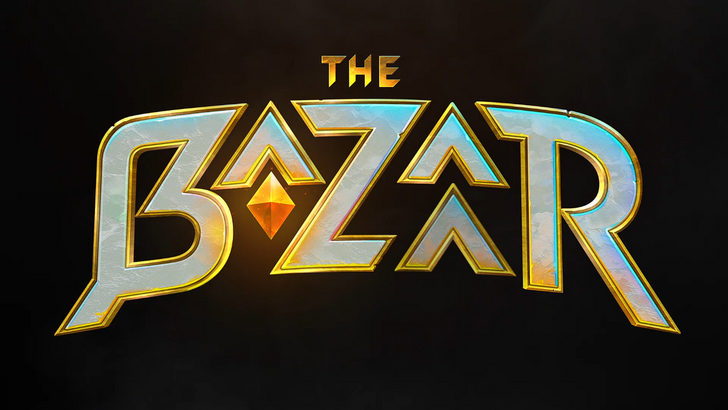Home > News > EA CEO Says Dragon Age: The Veilguard Failed to 'Resonate With a Broad Audience,' Gamers Increasingly Want 'Shared-World Features'
EA CEO Says Dragon Age: The Veilguard Failed to 'Resonate With a Broad Audience,' Gamers Increasingly Want 'Shared-World Features'
EA CEO Andrew Wilson attributes the financial underperformance of Dragon Age: The Veilguard to its failure to connect with a wider audience. Last week's restructuring of BioWare, focusing solely on Mass Effect 5, saw personnel shifts from the Dragon Age team to other EA projects.
EA's financial report revealed that Dragon Age: The Veilguard, despite a reported 1.5 million players, significantly missed projected engagement numbers, falling nearly 50% short. IGN previously documented the game's troubled development, marked by layoffs and the departure of key personnel. According to Bloomberg's Jason Schreier, BioWare staff viewed the game's completion as a remarkable feat given EA's initial push for live-service elements, later reversed.
Wilson, in an investor call, suggested that future role-playing games require "shared-world features and deeper engagement alongside high-quality narratives" to broaden their appeal. He praised the game's quality and critical reception but noted its limited audience reach in a competitive market.
This statement is perplexing given EA's earlier decision to significantly overhaul Dragon Age's development, shifting it from a planned multiplayer game to a single-player RPG. The success of recent single-player titles like Baldur's Gate 3 suggests EA may have misjudged the market. The future of the Dragon Age franchise remains uncertain.
EA CFO Stuart Canfield further emphasized the evolving industry landscape and the need to prioritize high-potential projects, explaining the BioWare restructuring and its impact on Mass Effect 5. The studio's size has reportedly been reduced from 200 to under 100 employees. Canfield highlighted the shift away from traditional blockbuster storytelling, emphasizing the importance of live service games, which constitute 74% of EA's revenue over the past year. This model, driven by titles like Ultimate Team, Apex Legends, and The Sims, will continue with upcoming live-service games like Skate and the next Battlefield.
-
1

Announcing the Bazaar Release: Date and Time Unveiled
Feb 02,2025
-
2

Marvel Rivals Update: News and Features
Feb 19,2025
-
3

GTA 6 Release: Fall 2025 Confirmed
Feb 23,2025
-
4

Vampire Survivors – Arcana Card System Guide and Tips
Feb 26,2025
-
5

Novel Rogue Decks Android Debut
Feb 25,2025
-
6

DC Heroes Unite: New Series from Silent Hill: Ascension Creators
Dec 18,2024
-
7

Get Exclusive Roblox DOORS Codes for January 2025
Feb 10,2025
-
8

Marvel Rivals Unveils Season 1 Release Date
Feb 02,2025
-
9

WWE 2K25: Long-Awaited Return
Feb 23,2025
-
10

Anime Fate Echoes: Get the Latest Roblox Codes for January 2025
Jan 20,2025
-
Download

Street Rooster Fight Kung Fu
Action / 65.4 MB
Update: Feb 14,2025
-
Download

Ben 10 A day with Gwen
Casual / 47.41M
Update: Dec 24,2024
-
Download

A Simple Life with My Unobtrusive Sister
Casual / 392.30M
Update: Dec 10,2024
-
4
Mega Jackpot
-
5
Day by Day
-
6
The Lewd Knight
-
7
Translate - Voice Translator
-
8
VPN Qatar - Get Qatar IP
-
9
Chewy - Where Pet Lovers Shop
-
10
Kame Paradise














